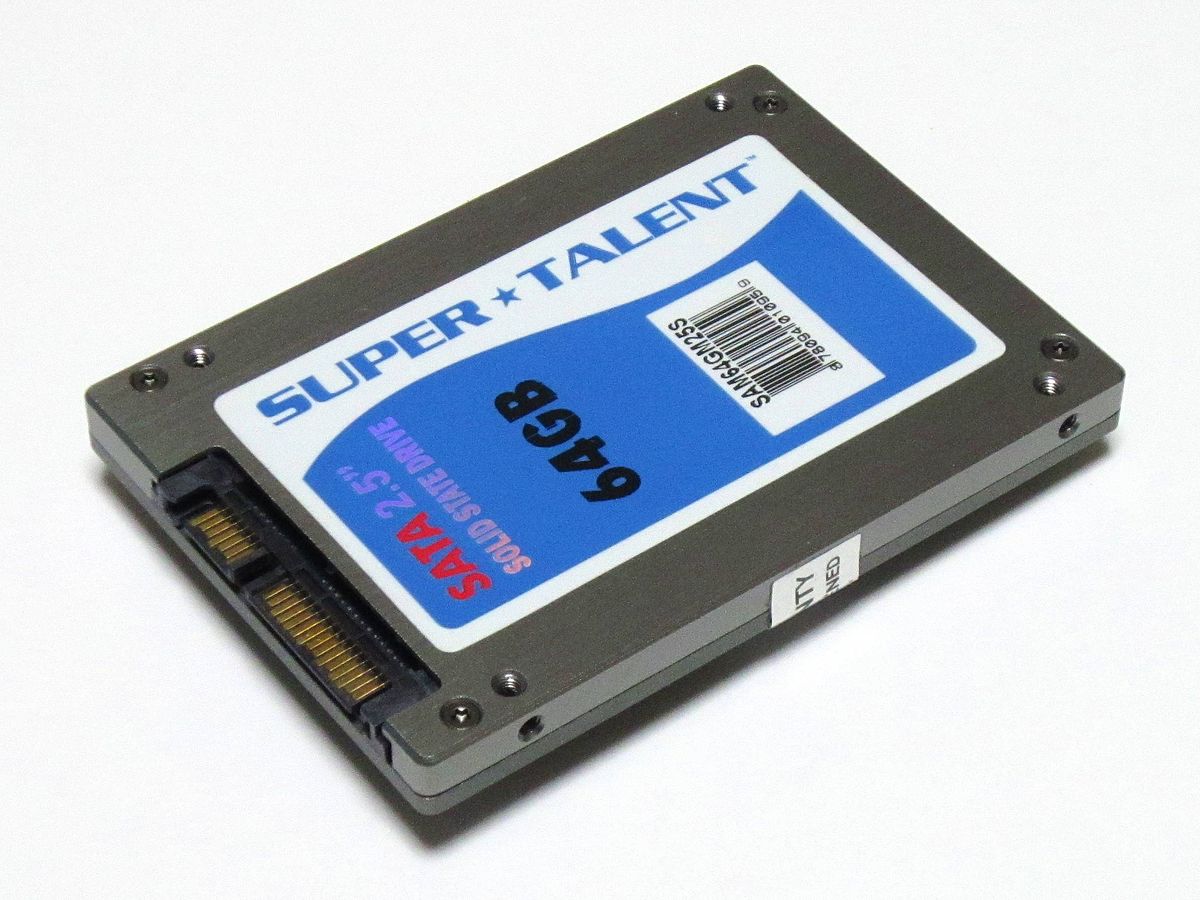Mobile and computer devices have become an integral part of our daily lives. We use them to stay connected with friends and family, work remotely, and store important information. Both mobile and computer devices offer different storage options, each with its own advantages and limitations. In this article, we will discuss the differences between mobile and computer storage options.
Storage Capacity
One of the primary differences between mobile and computer storage options is the storage capacity. Mobile devices, such as smartphones and tablets, typically have limited storage capacity due to their smaller size. Most mobile devices come with a built-in storage capacity ranging from 16GB to 512GB. However, some devices allow for expandable storage through a microSD card.
On the other hand, computer devices, such as laptops and desktops, offer significantly more storage capacity. Laptops and desktops usually come with a minimum of 256GB of storage capacity, with options to upgrade to higher storage capacities.
Access and Portability
Mobile devices offer the advantage of portability and accessibility. They are lightweight and easy to carry around, allowing users to access their data on the go. Additionally, most mobile devices offer cloud storage options, such as iCloud and Google Drive, allowing users to store their data remotely and access it from anywhere with an internet connection.
Computer devices, on the other hand, are less portable but offer more access options. They allow users to access their data locally on their device or remotely through cloud storage services. They also offer the ability to connect to external hard drives, which provide additional storage options.
Speed and Performance
Another difference between mobile and computer storage options is the speed and performance. Mobile devices typically use flash memory for storage, which offers faster read and write speeds than traditional hard disk drives (HDDs). However, mobile devices may suffer from slower performance due to limited RAM and processing power.
Computer devices, on the other hand, offer higher performance due to faster CPUs, more RAM, and the ability to use solid-state drives (SSDs). SSDs offer faster read and write speeds than HDDs and are becoming more popular in modern laptops and desktops.
Cost
Cost is another factor that differentiates mobile and computer storage options. Mobile devices with larger storage capacities are typically more expensive than devices with smaller storage capacities. For example, an iPhone with 512GB of storage capacity can cost significantly more than an iPhone with 64GB of storage capacity.
Computer devices also come at a higher cost for higher storage capacity, but the cost per gigabyte is usually lower than that of mobile devices. Additionally, external hard drives provide an affordable way to expand storage capacity without upgrading the entire device.
Conclusion
In conclusion, mobile and computer devices offer different storage options, each with its own advantages and limitations. Mobile devices offer portability and accessibility, while computer devices offer higher performance and larger storage capacities. The choice between mobile and computer storage options ultimately depends on the user’s needs, budget, and preferences.





